Health And Medicine
-
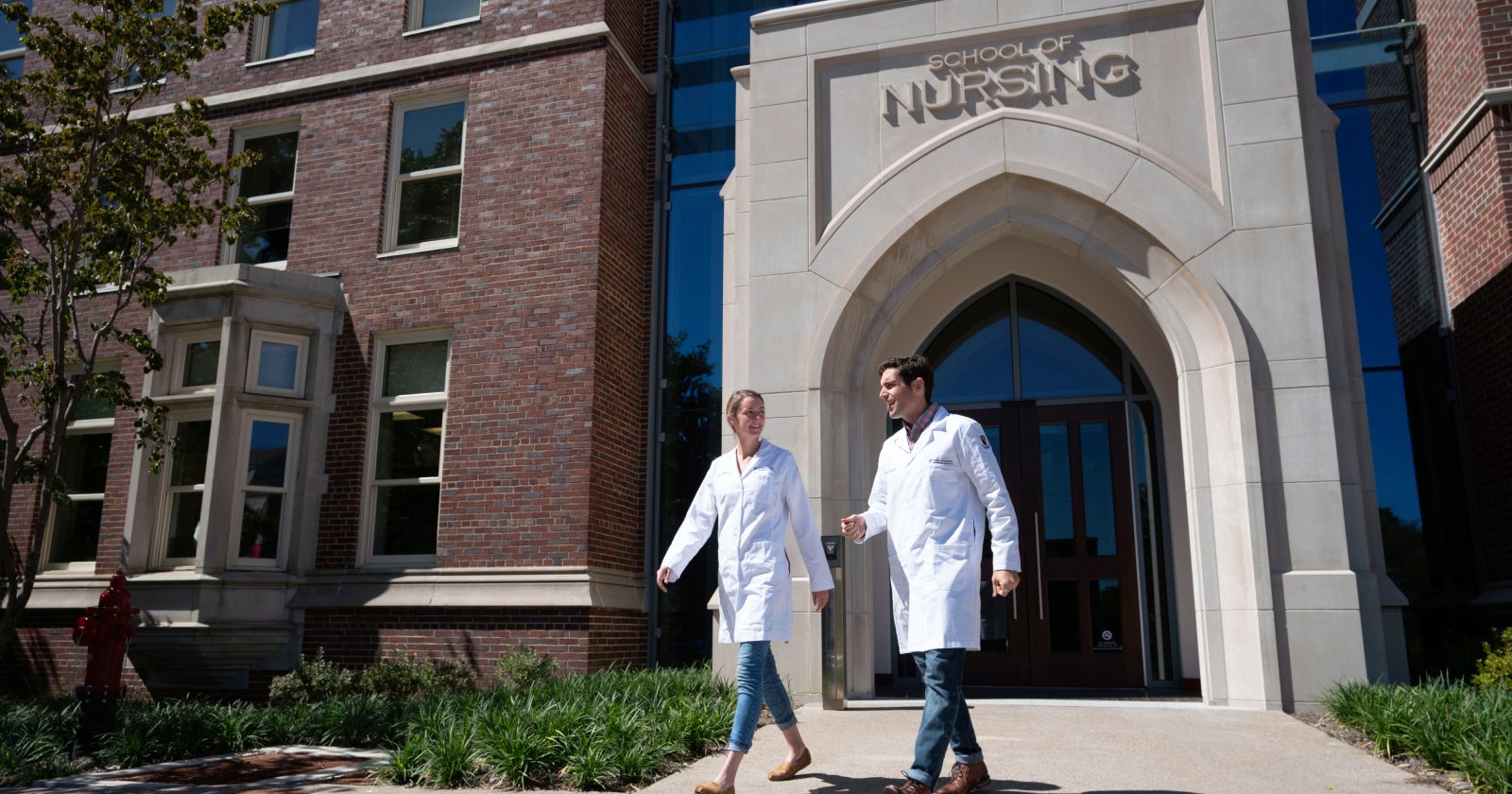
VUSN matching program to inspire philanthropy, drive research and work to ease health inequities
In support of its commitment to fighting health inequities, Vanderbilt University School of Nursing has launched an ambitious campaign to raise and match $1 million to support health disparity research. Dean Pamela Jeffries recently announced the school’s Nursing Health Equity Fellowship program, setting aside $1 million for health equity research at the school and asking VUSN supporters to make a 1:1 philanthropic match to fund this critical research. Read MoreApr 29, 2024
-

VUSN faculty honored with advocacy award, fellowships
Three Vanderbilt School of Nursing faculty members were recently recognized for excellence across various nursing disciplines with fellow designations and major awards. Read MoreApr 26, 2024
-

School of Medicine in top 10 in NIH funding: survey
Vanderbilt University School of Medicine, which received $527.7 million in direct and indirect NIH grant support in FY23, has been among the top 10 U.S. medical schools in NIH funding for six of the last 10 years. Read MoreApr 24, 2024
-
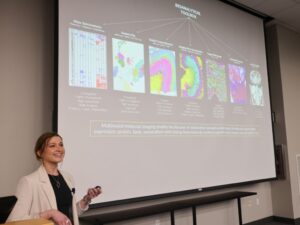
Basic science research featured at 2024 Vanderbilt Alzheimer’s Disease Research Day
The Vanderbilt Memory and Alzheimer's Center hosted its fifth Annual Vanderbilt Alzheimer’s Disease Research Day on April 10 with the theme of “big data.” Aside from presentations from faculty from across campus and the School of Medicine Basic Sciences, the day featured data blitzes, a keynote presentation, and a poster reception with more than 45 posters. Read MoreApr 24, 2024
-
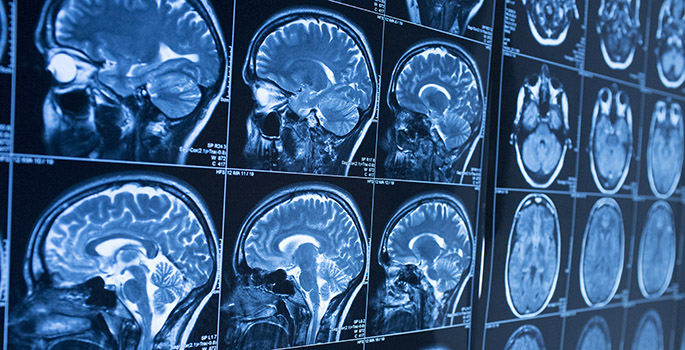
Nguyen marries basic and translational approaches to ID new brain region responsible for epileptic seizures
Incoming assistant professor of pharmacology Quynh Anh Nguyen spearheaded research that points to a previously unidentified region of the hippocampus as responsible for epileptic seizures. The work could lead to new avenues of treatment to help epilepsy patients control their seizures. Read MoreApr 23, 2024
-

New structures offer insight into how a bacterial motor powers bacterial chemotaxis, a key infectious process
The lab of Tina Iverson, Louise B. McGavock Professor and professor of pharmacology, in collaboration with researchers at the University of California, San Francisco; Stanford University; and The Weizmann Institute of Science in Israel have published new work in Nature Microbiology, providing new insights on chemotaxis. Read MoreApr 22, 2024
-
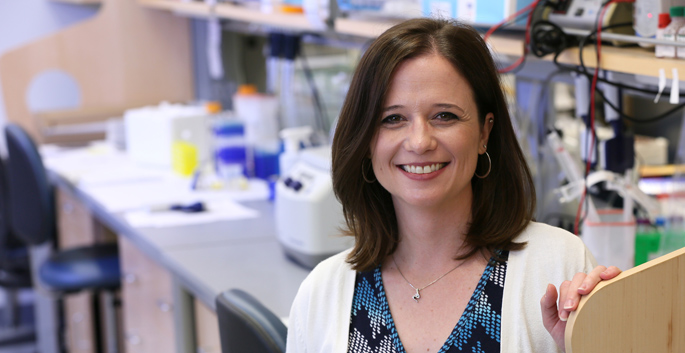
Hodges lab sheds new light on mechanisms of gene regulatory divergence between species
Molecular biologist Emily Hodges, assistant professor of biochemistry, studies the regulatory elements of our genome and is interested in parsing how changes in DNA sequence affect gene regulation. Read MoreApr 22, 2024
-

Pietenpol to receive American Society of Clinical Oncology’s highest honor
Jennifer Pietenpol, Ingram Professor of Cancer Research and professor of biochemistry, is the 2024 recipient of the Science of Oncology Award, which is presented annually to an individual who has made outstanding contributions to basic or translational research in cancer. Read MoreApr 17, 2024
-

Vanderbilt scientist collaborates with Cajal Institute in Spain to train a bank of AI models to identify memory formation signals in the brain
The researchers, including Vanderbilt’s team led by Kari Hoffman, focused their efforts on the detection of hippocampal ripples, which are considered biomarkers of memory and are affected by epilepsy and Alzheimer’s disease. Read MoreApr 15, 2024
-
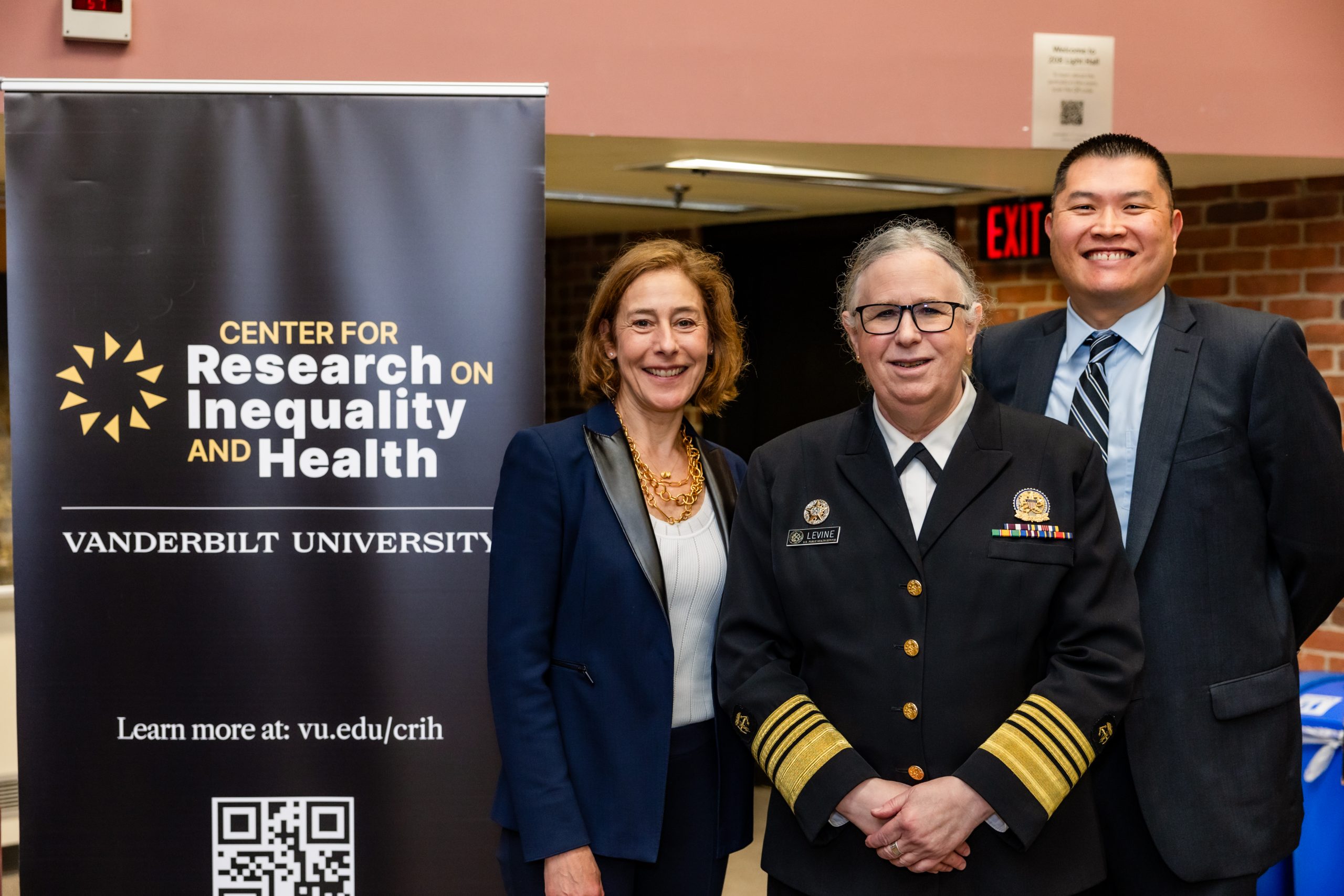
U.S. Cabinet official leads seminar on transgender health and policy
Adm. Rachel Levine, assistant secretary of health in the U.S. Department of Health and Human Services, addressed transgender health and policy during a visit to Vanderbilt in April 2024. (Vanderbilt) Adm. Rachel Levine, assistant secretary of health in the U.S. Department of Health and Human Services, addressed transgender health… Read MoreApr 15, 2024
-

CLASS OF 2024: Military veteran Matthew Nettles combines degrees in medicine and divinity to treat human suffering
WATCH: He's graduating with a degree in medicine and divinity. See the path that brought Matthew Nettles to Vanderbilt and how he plans to use both degrees to better treat those in need. Read MoreApr 9, 2024
-

Hinton lab maps structure of mitochondria at different life stages
The lab of Antentor O. Hinton Jr., assistant professor of molecular physiology and biophysics, came together with collaborators from across Vanderbilt University, Vanderbilt University Medical Center, the U.S., and Brazil to determine the differences in the 3D morphology of mitochondria and their cristae in brown adipose tissue. Read MoreApr 5, 2024
-

Two A&S psychology faculty receive prestigious awards in vision sciences
Randolph Blake, Centennial Professor of Psychology, won the 2024 Ken Nakayama Medal for Excellence in Vision Science Award for lasting, high-impact contributions to vision science. Isabel Gauthier, David K. Wilson Professor of Psychology, won the 2024 Davida Teller Award for exceptional scientific achievements, commitment to equity, and a strong history of mentoring. Read MoreApr 4, 2024
-
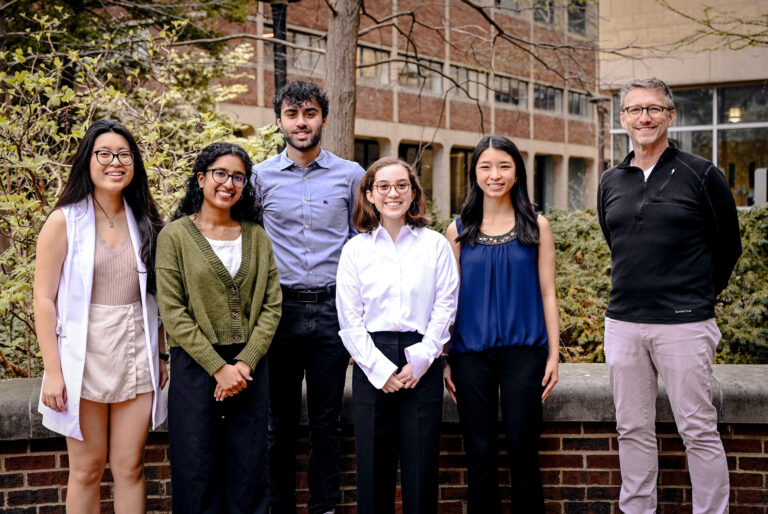
15 years of the Beckman Scholars Program: Providing unparalleled undergrad research opportunities
The highly selective Beckman Scholars Program is celebrating 15 years of partnership with the College of Arts and Science. Over the years, the Arnold and Mabel Beckman Foundation has provided more than $543,000 in support of 23 undergraduate Beckman Scholars at Vanderbilt who engage in unique, hands-on, mentored research. Read MoreApr 3, 2024
-
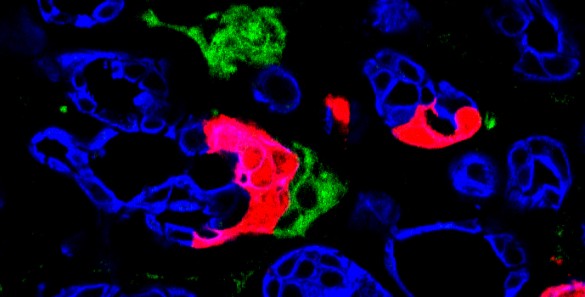
Teams to create one-stop resource for human pancreatic data to foster diabetes research
Leading investigators in diabetes, pancreas and islet biology, and computational biology have received $12.5 million in two five-year awards from the National Institutes of Health to create the world’s first, integrated knowledge base of human-derived tissue- and cellular-level pancreatic information to support innovative, collaborative and reproducible research. Read MoreMar 28, 2024
-

Sean Davies awarded Scaling Success grant to develop small molecules with promise of protecting against cardiometabolic disease
Sean Davies, associate professor of pharmacology and associate director of graduate studies for the department, has been awarded a Scaling Success grant from Research Development and Support in the Office of the Vice Provost for Research and Innovation. Read MoreMar 28, 2024
-

Vanderbilt biochemists contribute to breakthrough discovery of first new antibacterial class in decades
Led by Neil Osheroff, Vanderbilt researchers are the first to undertake a systematic analysis of the mechanism of action of gepotidacin, a first-in-class triazaacenaphthylene antibacterial, against its targets in Escherichia coli—the type II topoisomerases gyrase and topoisomerase IV—and the mechanistic basis for drug resistance. E. coli is the etiological agent of most urinary tract infections. Read MoreMar 28, 2024
-

Vanderbilt launches AUD Research and Education Center with prestigious $8.9 million NIH grant
An $8.9 million grant from the NIH will establish the Vanderbilt AUD Research and Education Center, enhancing Vanderbilt University’s national leadership in neuroscience and addiction research. This initiative aims to foster interdisciplinary collaboration, advance understanding and treatment of alcohol use disorder, and engage the public through education and outreach efforts. Read MoreMar 21, 2024
-
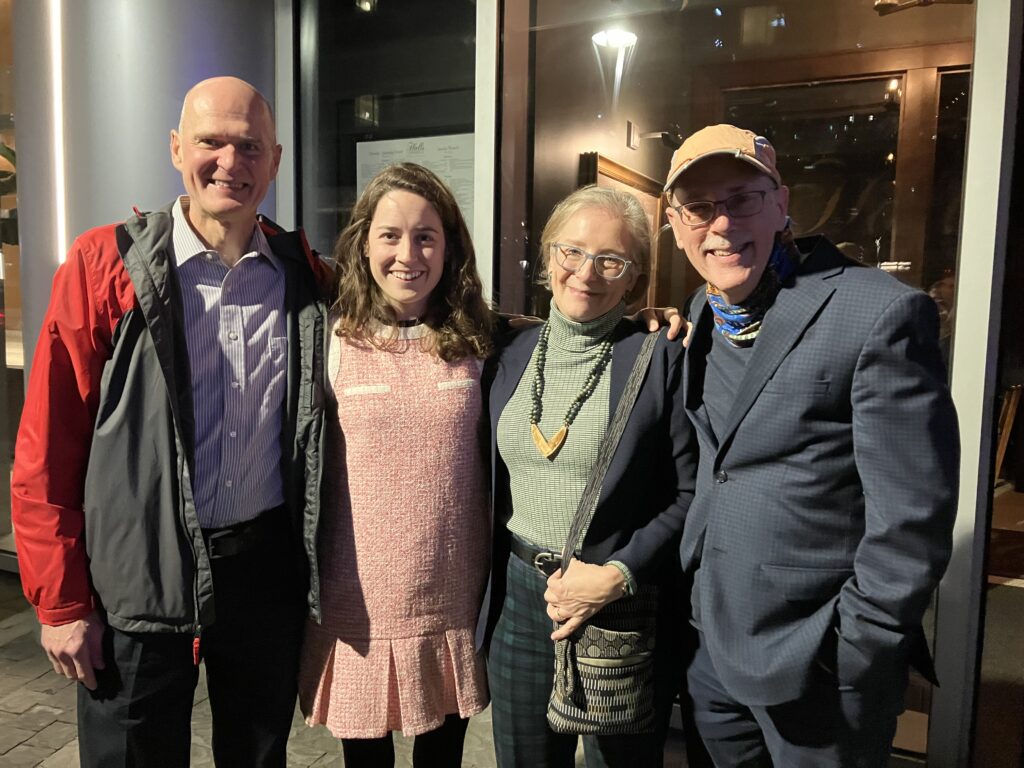
Taking a bite out of Charcot-Marie-Tooth disease: Vanderbilt professors search for a cure
Vanderbilt University Professor of Biochemistry and Vice Dean of Basic Sciences Chuck Sanders and Professor of Biochemistry Bruce Carter have been hard at work searching for therapies, if not a cure, for CMT. Read MoreMar 20, 2024
-

Vanderbilt scientists receive National Science Foundation grant to explore RNA behavior
Manuel Ascano, associate professor of biochemistry and pathology, microbiology and immunology, and Dr. Alissa Weaver, Cornelius Vanderbilt Chair and director of the Vanderbilt Center for Extracellular Vesicle Research, are one of nine U.S. research teams awarded funding from the National Science Foundation to more fully understand the potential biotechnological uses of RNA, ranging from crop disease protection to treatments that combat cancer. Read MoreMar 18, 2024